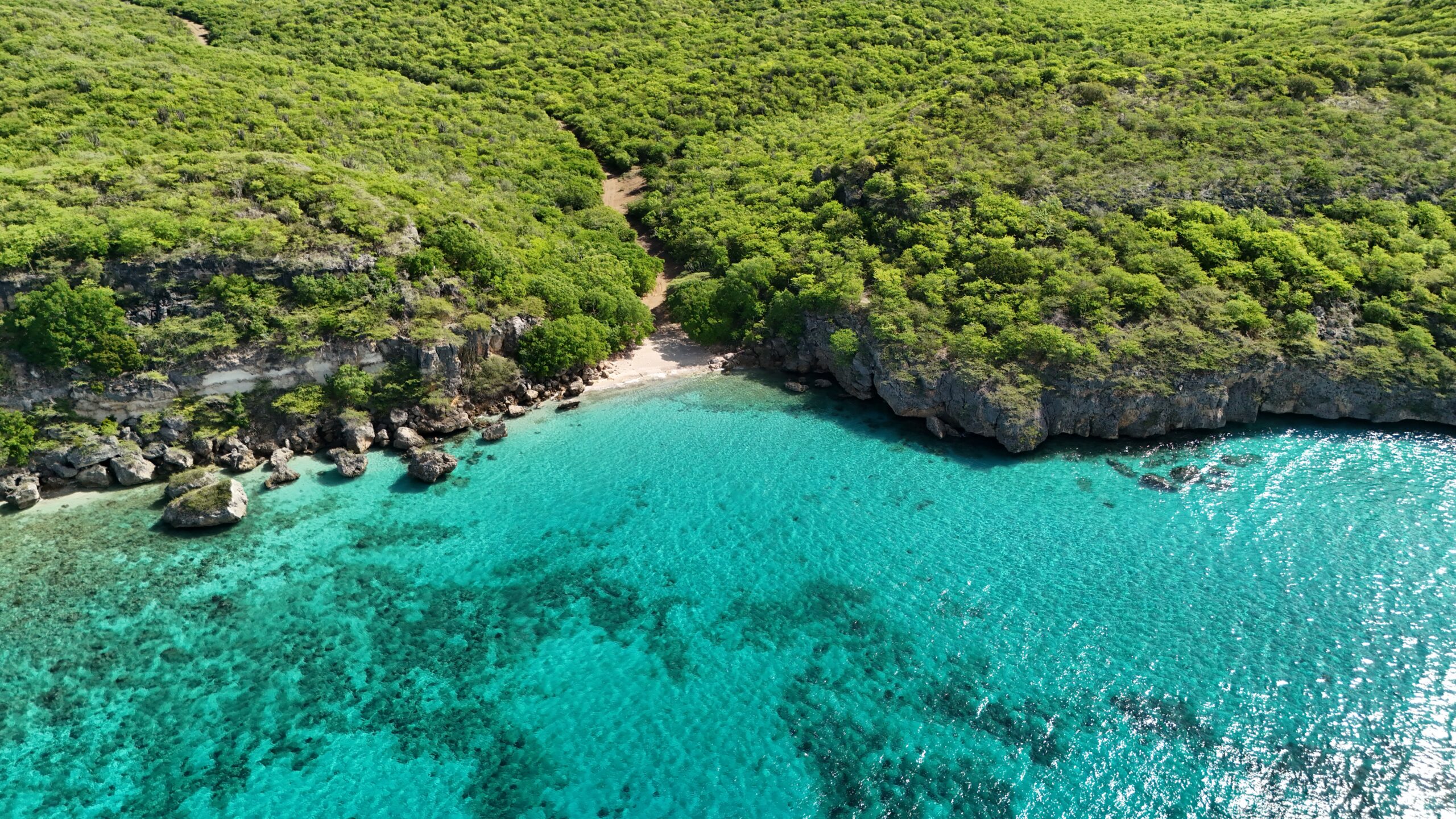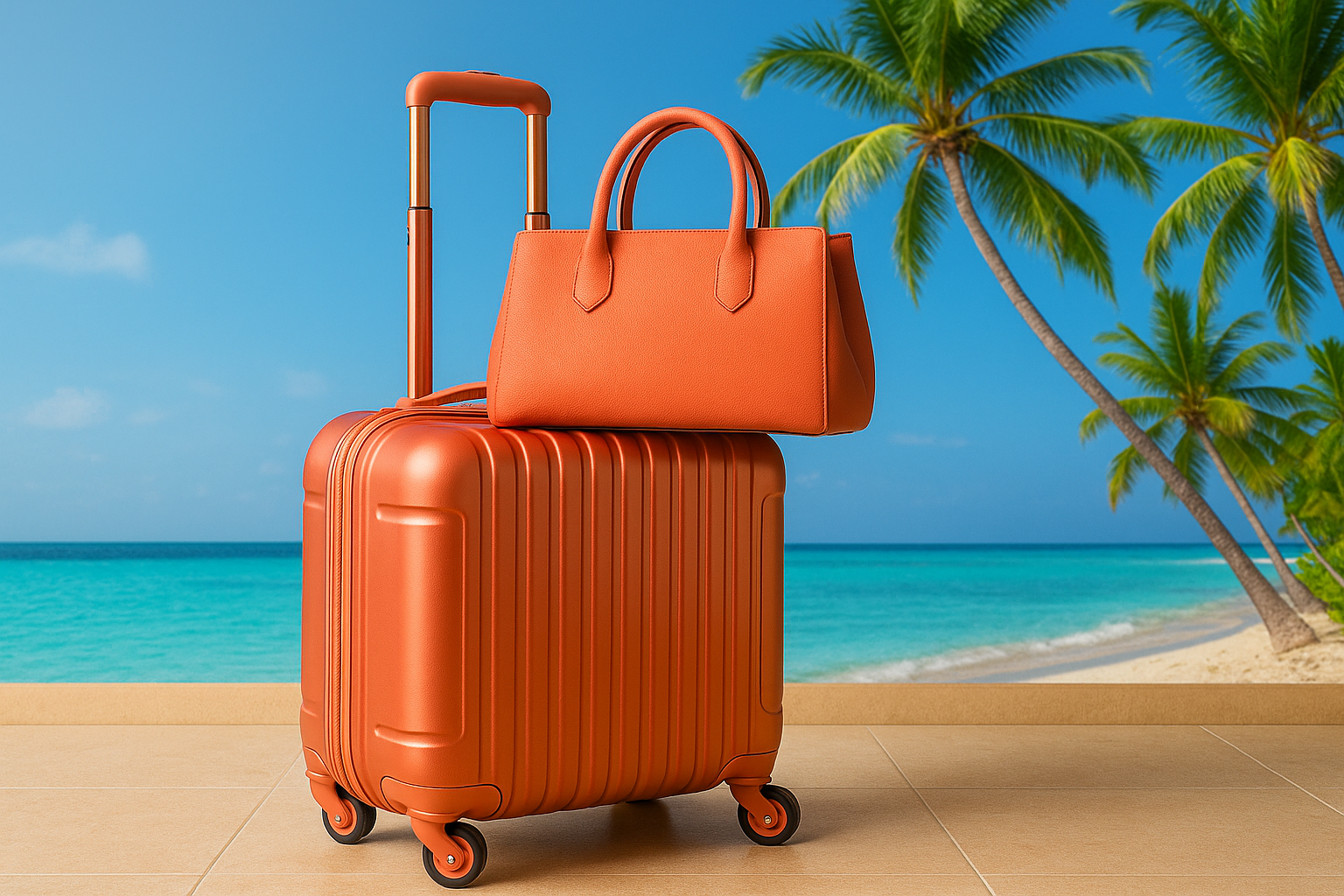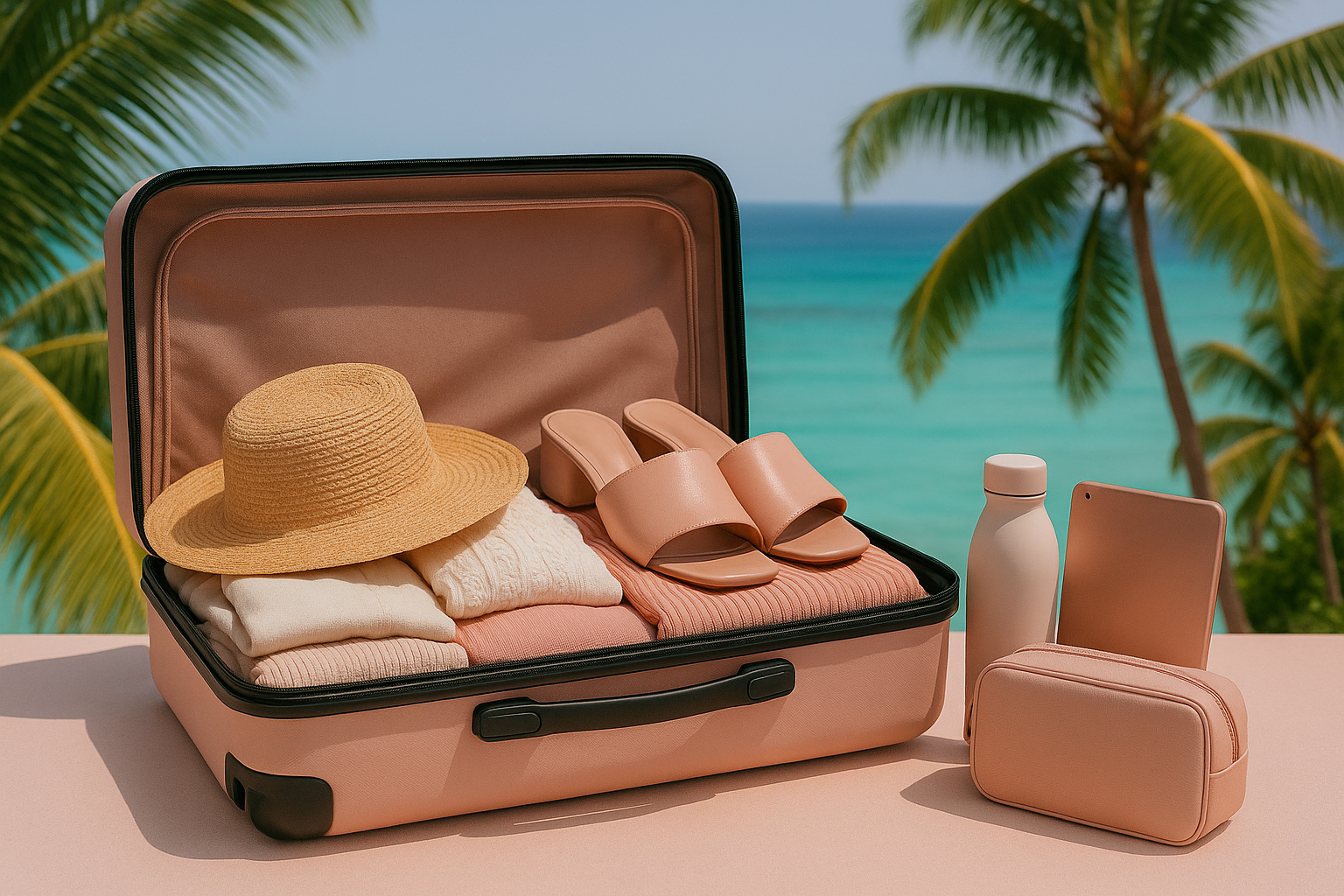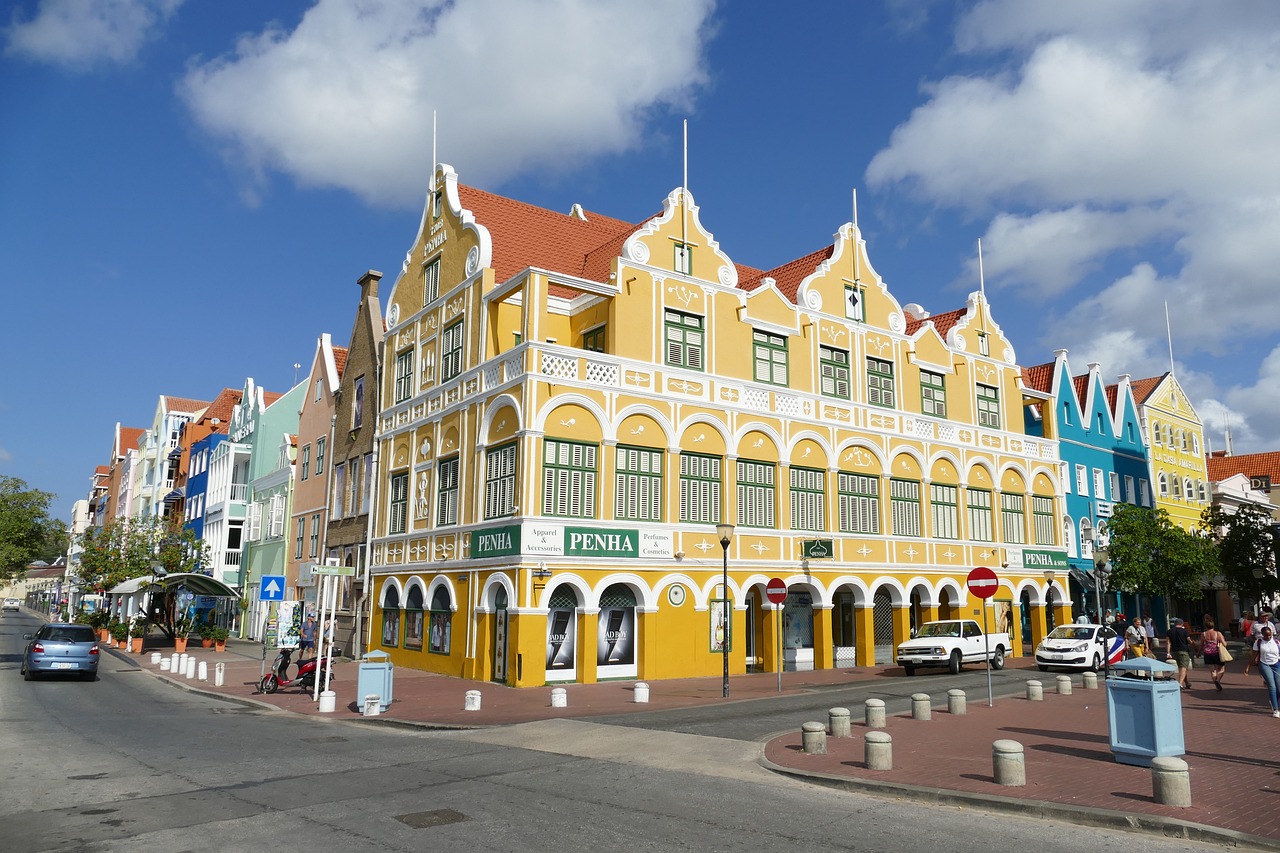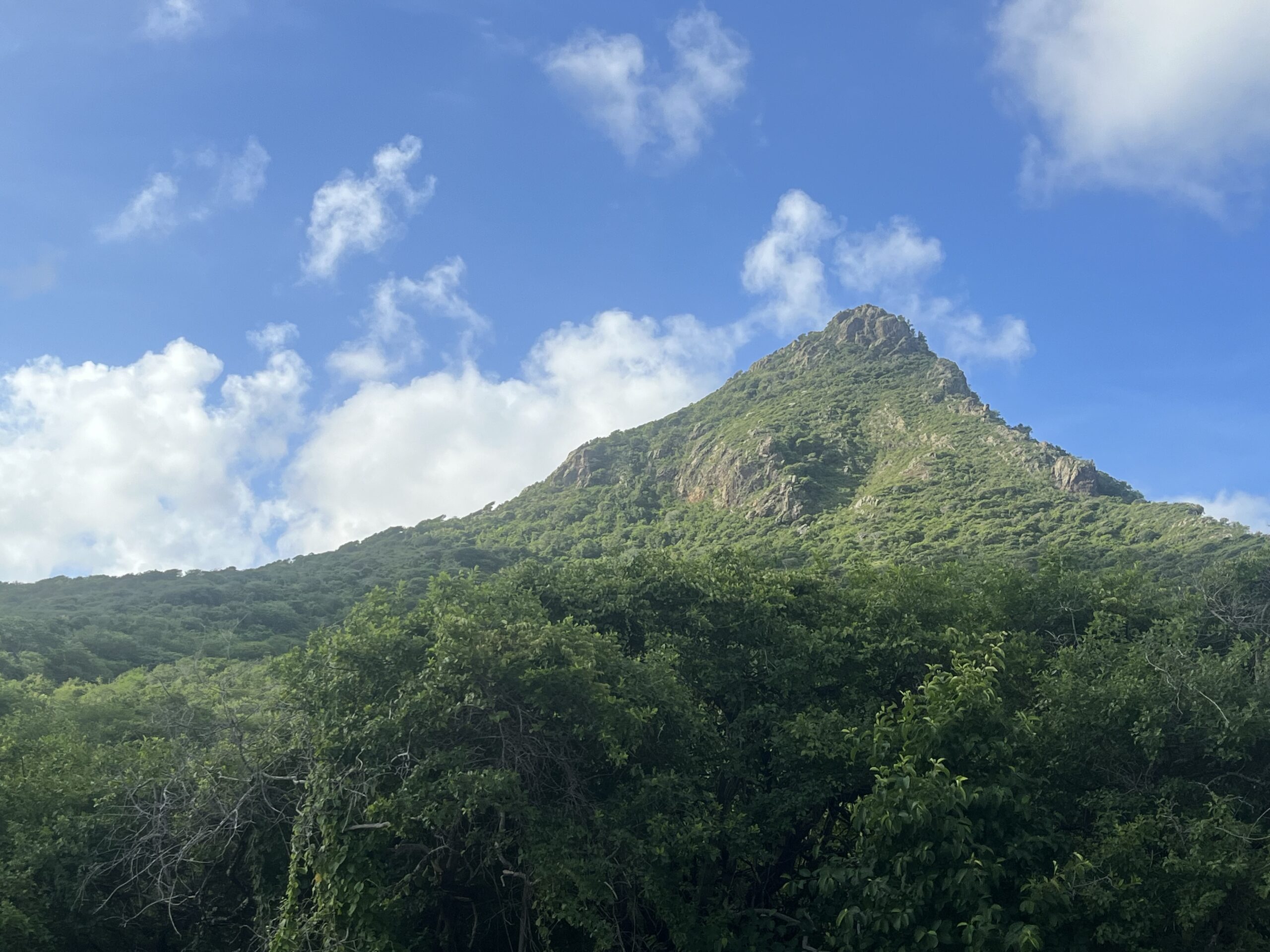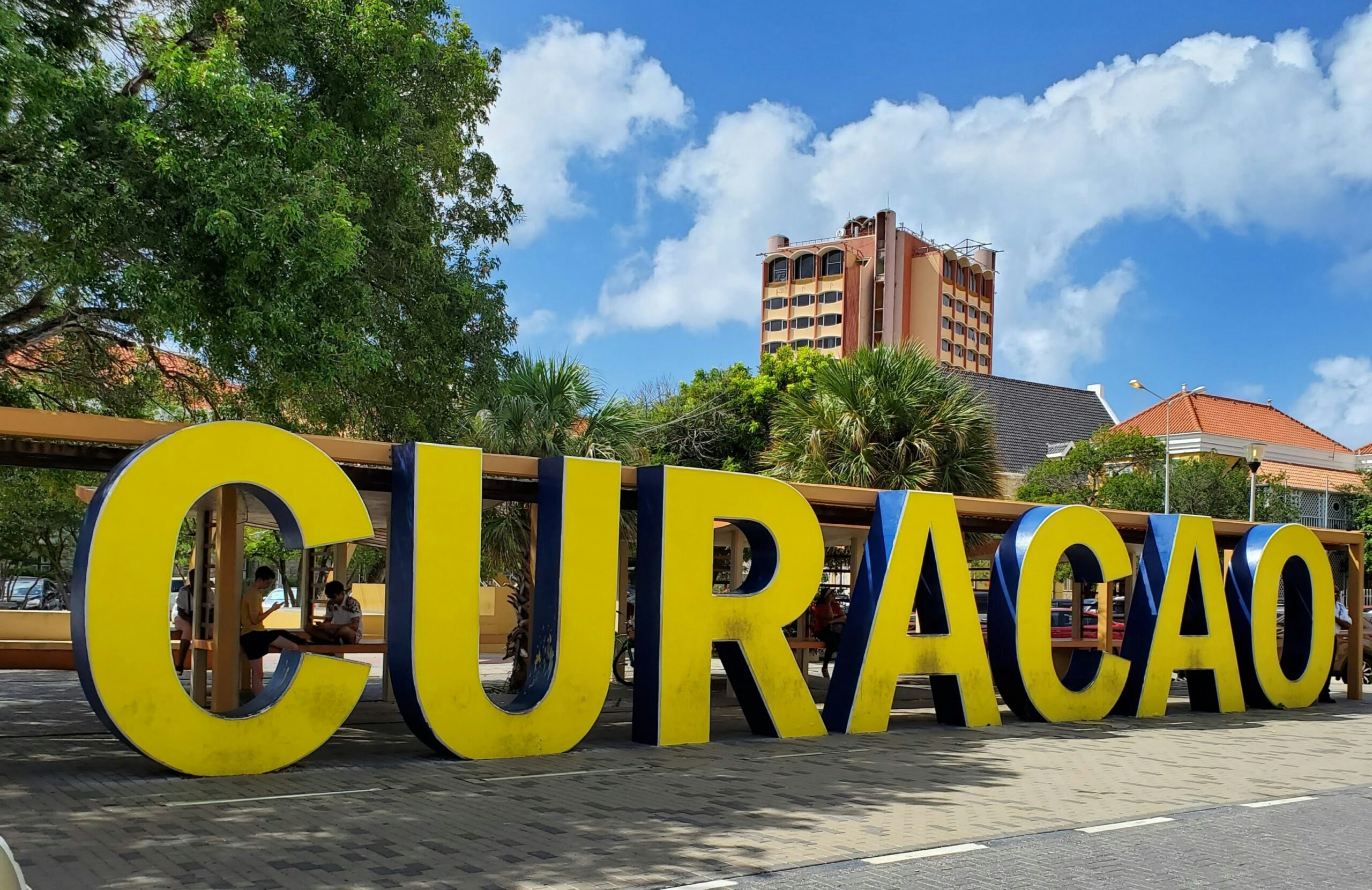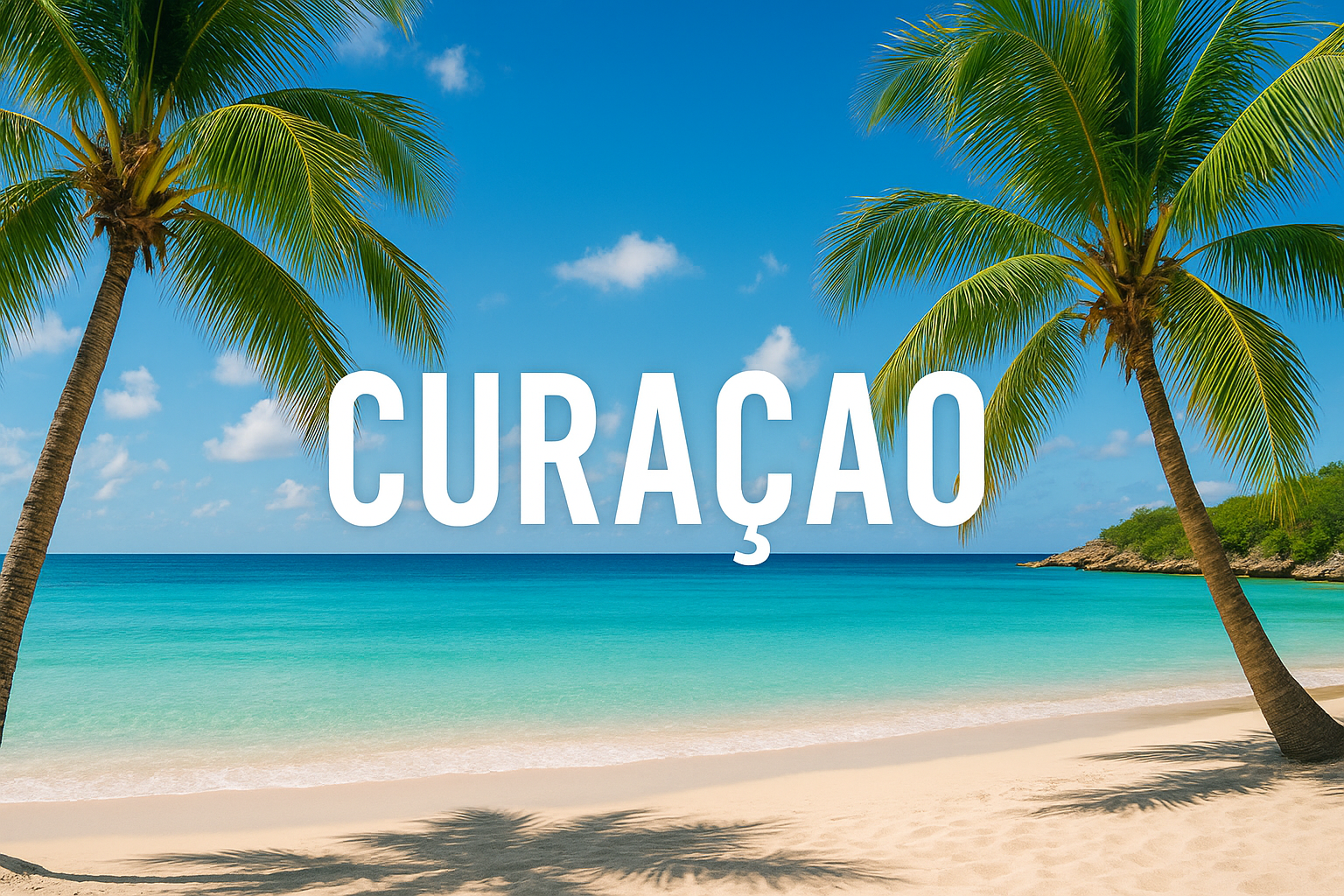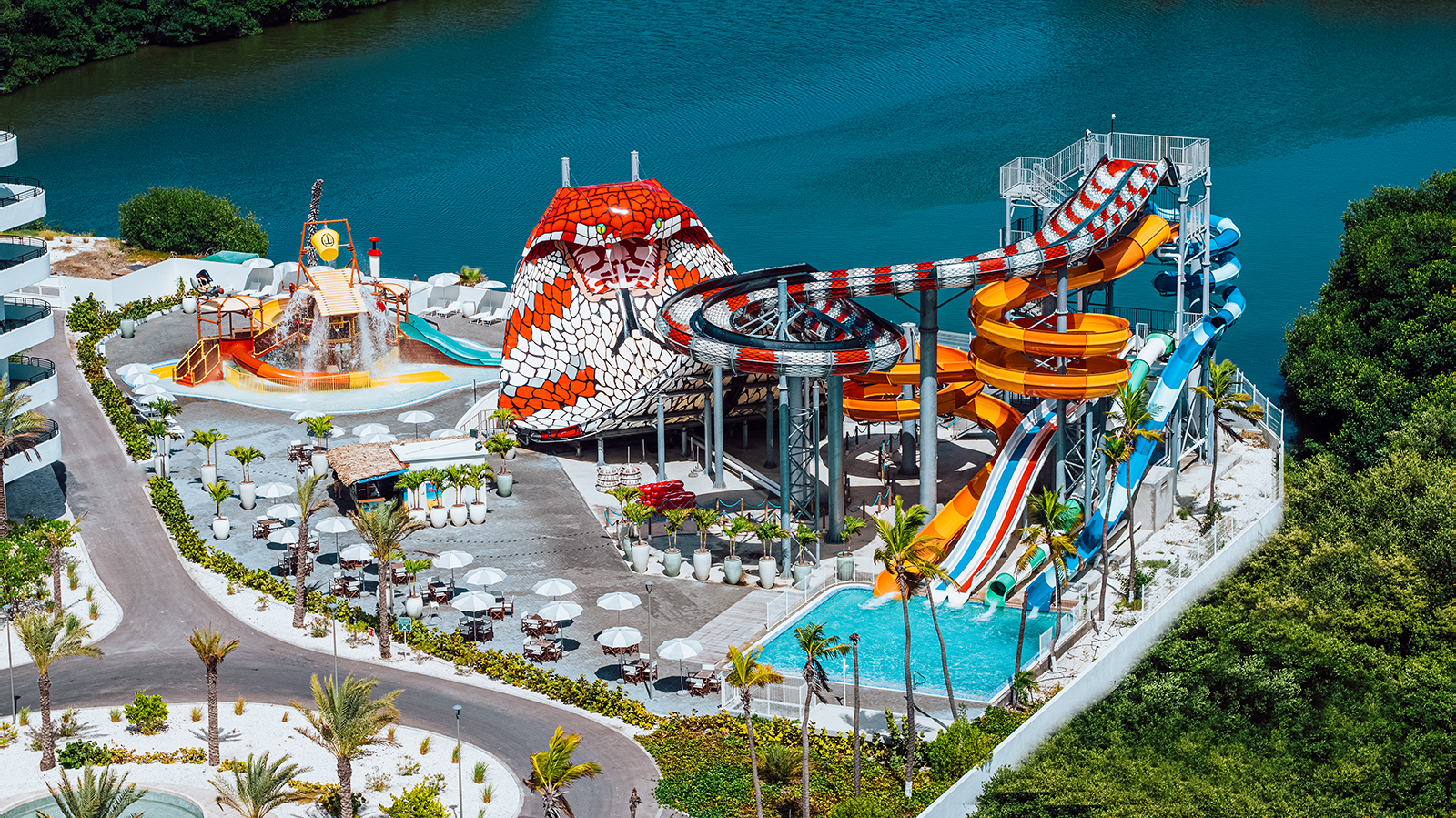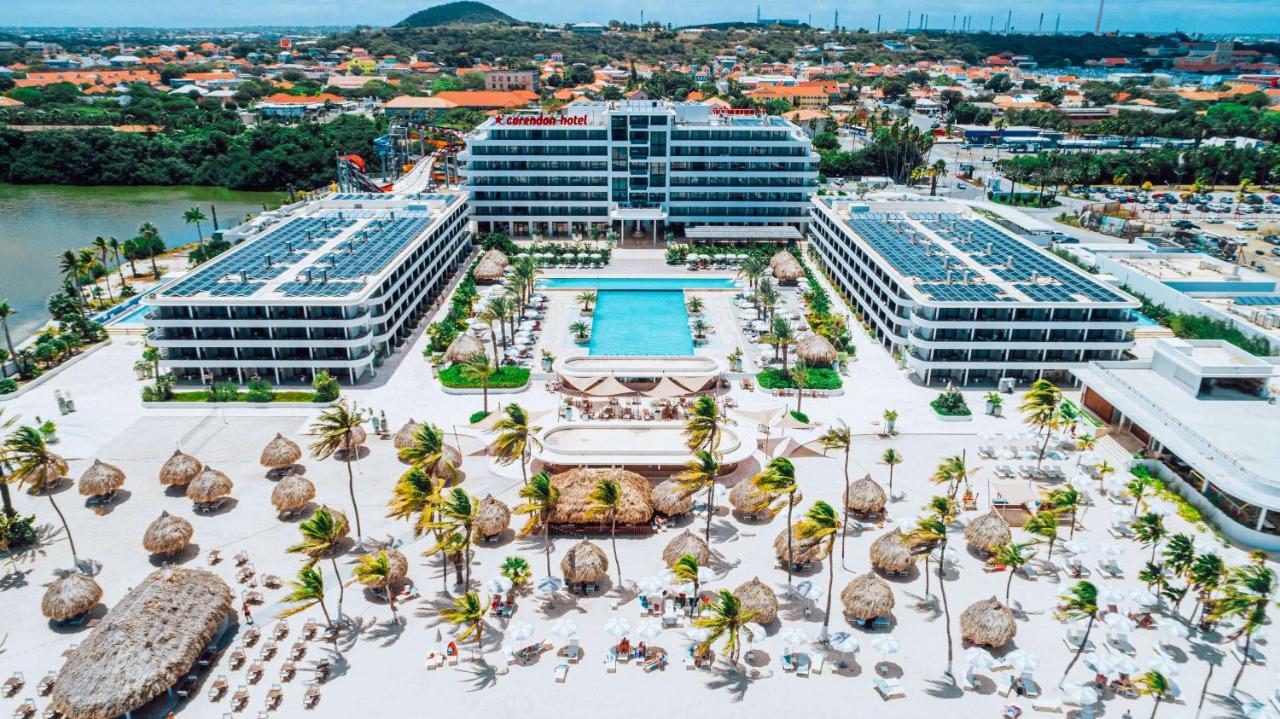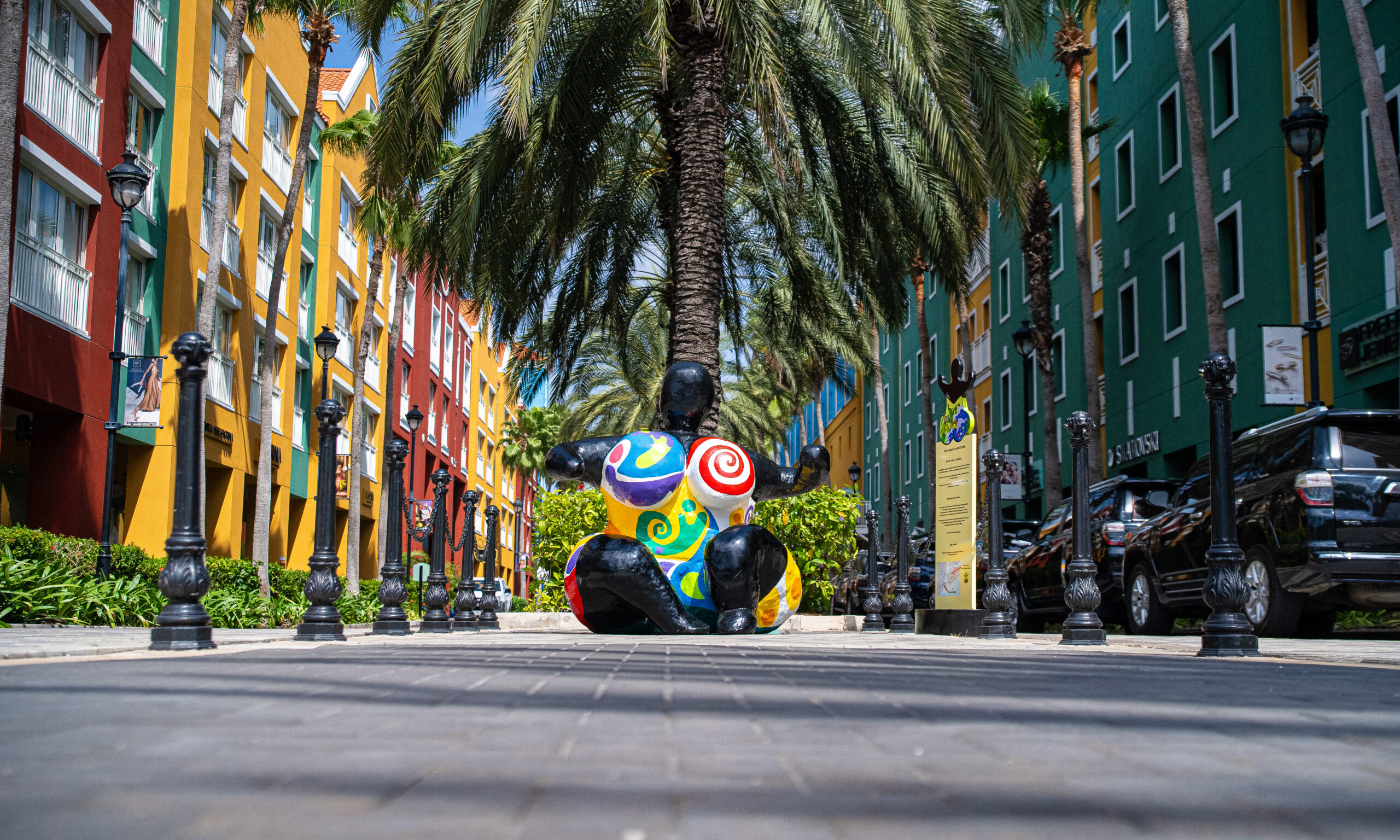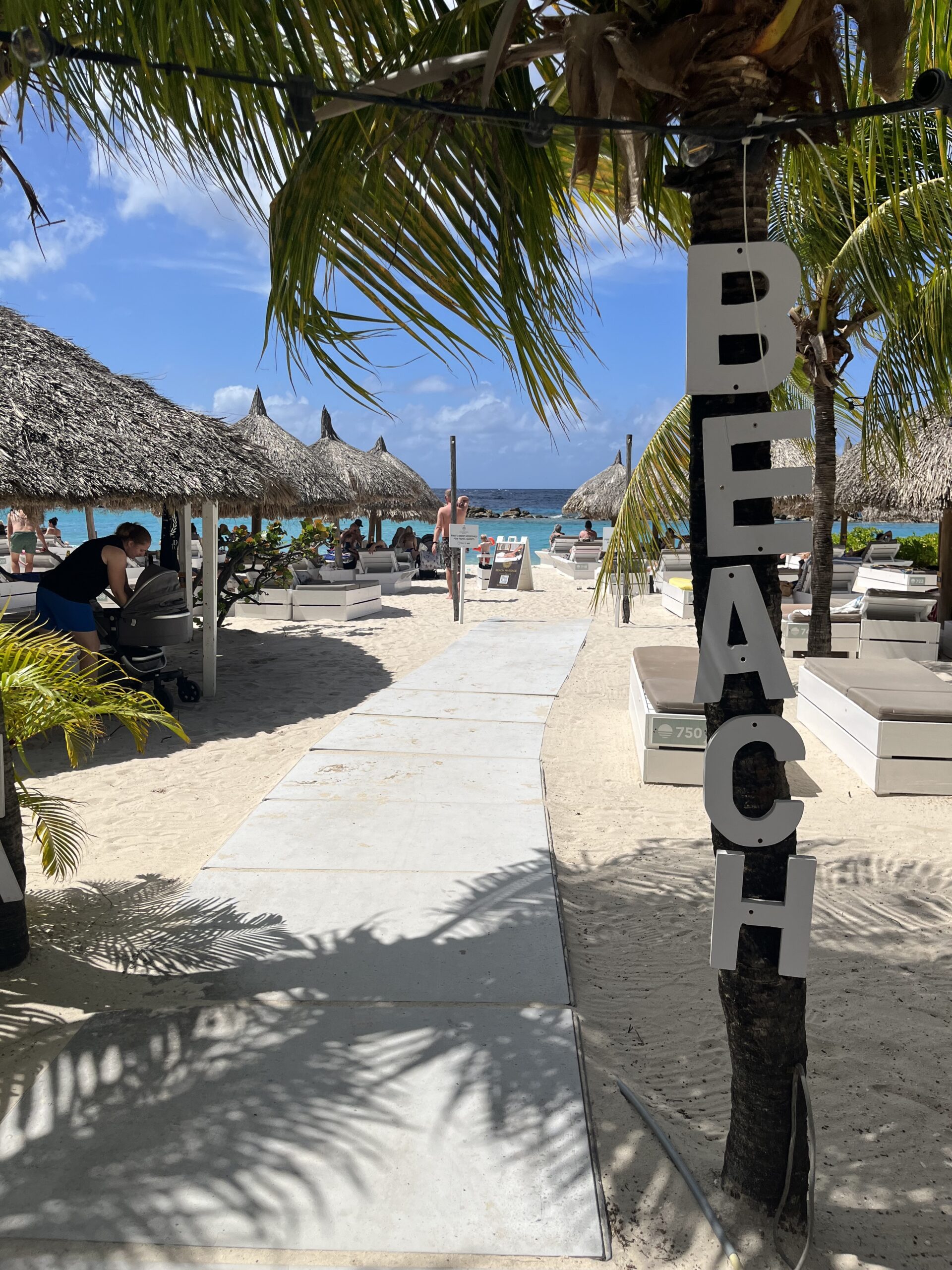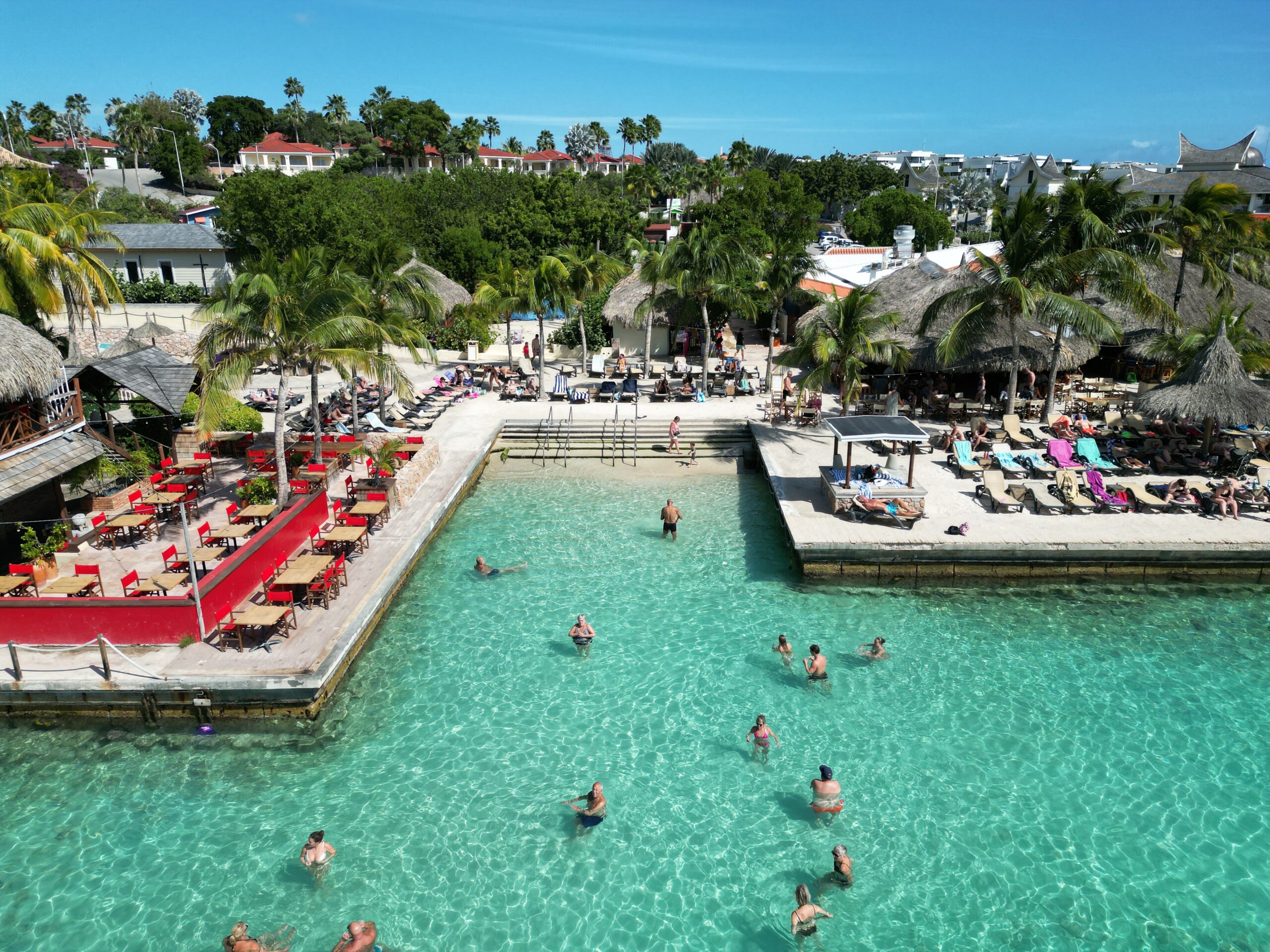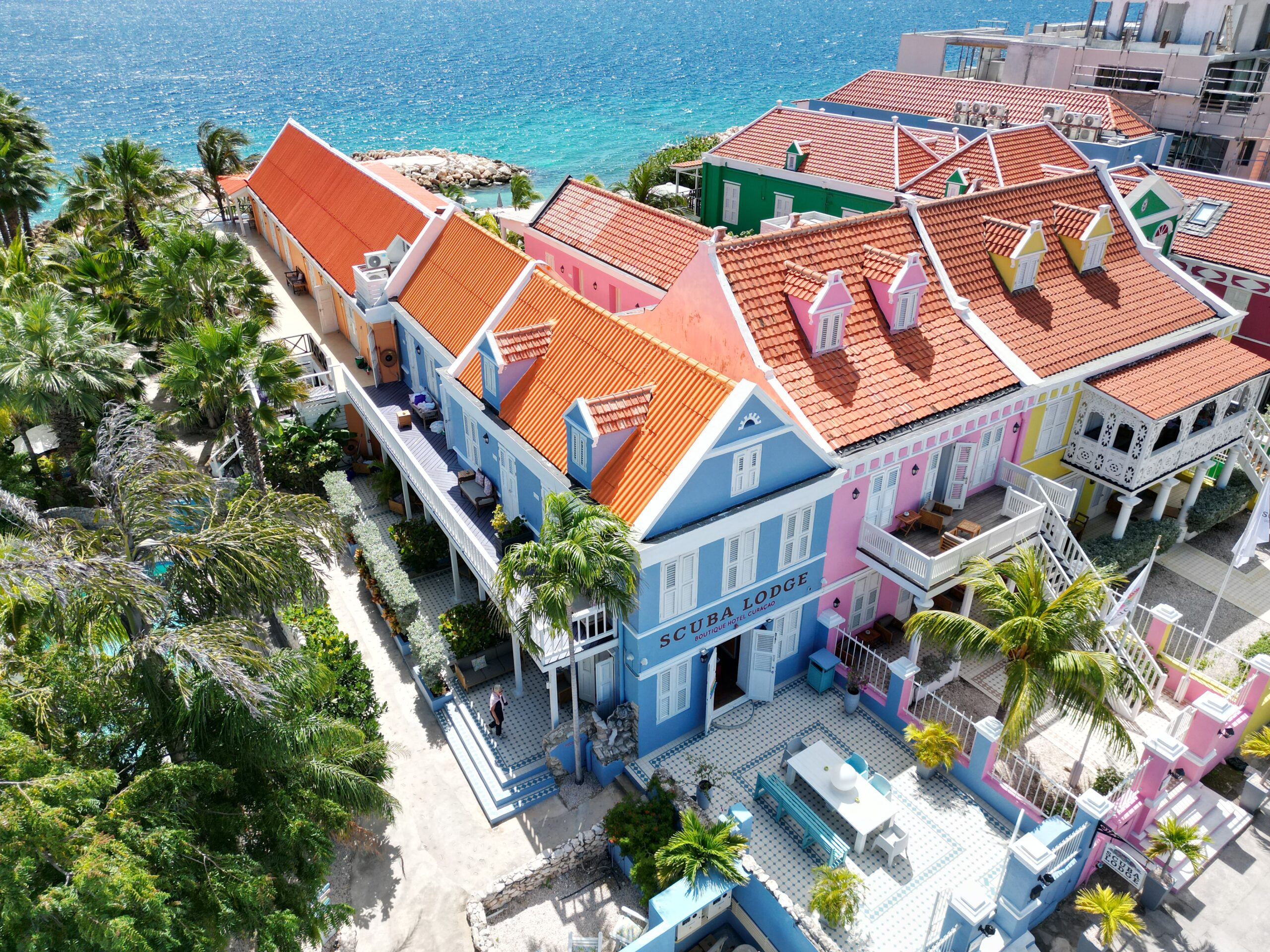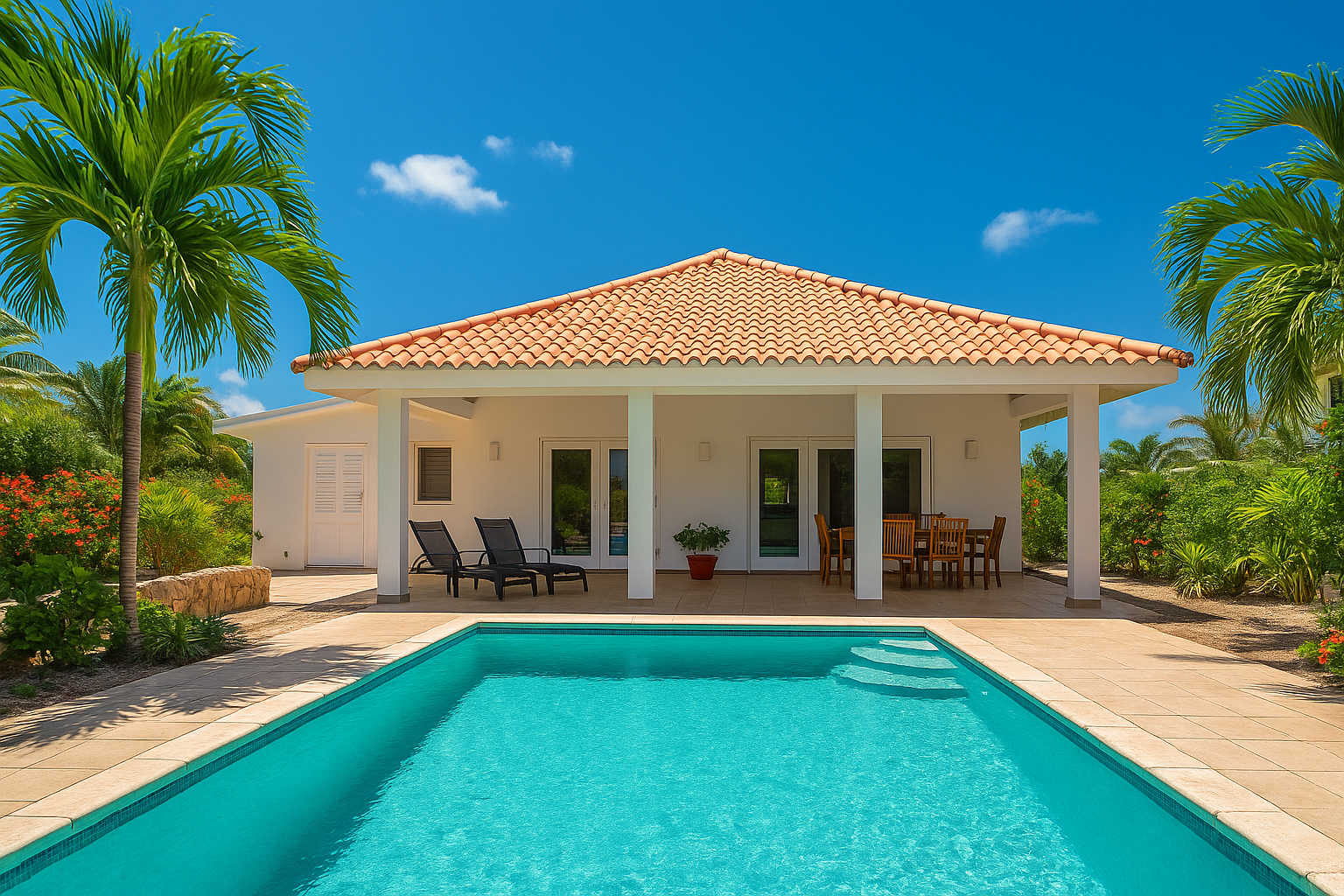Curaçao, once a Dutch colony, retains deep historical ties to the Kingdom of the Netherlands. Its iconic Landhuizen, Plantation houses, are enduring symbols of the island’s colonial past and now serve as key cultural landmarks. Built on hills, the plantation houses featured Dutch architectural elements, including grand staircases and tiled roofs.
Landhuis Jan Kok
Built in 1840, this historic house sits atop a hill overlooking the salt pans of St. Marie Bay. Jan Kok, one of the island’s oldest and most infamous landhouses, is named after a slave master known for his brutal treatment of enslaved people. Today, the landhouse is home to the gallery of local artist Nena Sanchez, whose colorful paintings and sculptures are a must-see.
Combine Your Tour to the Flamingo Area Saltflats Jan Kok
Landhuis Savonet
As one of the island’s oldest plantations, dating back to 1662, Landhuis Savonet once encompassed 1,600 hectares. Visitors can explore the estate, which now serves as a museum and entry point to the Christoffel National Park, where wildlife, including iguanas, can be spotted. The well-preserved buildings and fascinating exhibits offer a glimpse into the island’s plantation past.
Book Here Your Westcoast Tour and Combine
Landhuis Brakkeput Mei Mei
Originally serving three plantations, Brakkeput Mei Mei has transformed from its dark history into a family-friendly restaurant with a mini-golf course and playground. Visitors can enjoy local cuisine while appreciating the architecture of this early 18th-century landhouse.
Look Here For The Accomodations
Landhuis Daniël
Dating back to 1650, Landhuis Daniël is one of Curaçao’s oldest estates. Though it was initially used as a plantation house, it later became a popular inn. Restored in the 1970s, the landhouse now operates as a restaurant and hotel, combining its historical charm with modern hospitality.
Look Here For The Best Vacation Deals
Landhuis Chobolobo
Famous for producing the world-renowned Blue Curaçao liqueur, Landhuis Chobolobo offers visitors a chance to tour the distillery and learn about the production of this iconic drink. The landhouse dates back to the 19th century and has been a key site for the island’s thriving liqueur industry. Be sure to sample some Blue Curaçao and explore the small on-site museum.
Book Here Your Tour To Landhuis Chobolobo
Landhuis Bloemhof
Built in 1735, Landhuis Bloemhof is a cultural hub for art lovers. Once a peaceful retreat from the city, the estate is now a vibrant center featuring art exhibitions, workshops, and a sculpture garden. After exploring the landhouse and its creative offerings, visitors can relax at the cozy café on the premises.
Look Here For The Best Flight Deals
Landhuis Dokterstuin
This impressive two-story landhouse, dating back to the late 17th century, is now home to Komedor Krioyo, a popular restaurant offering traditional Creole dishes. With its large terrace and beautiful architecture, Landhuis Dokterstuin is the perfect spot to enjoy authentic local cuisine in a historical setting.
Look Here For Our Favorite Restaurants
Landhuis Klein Santa Martha
Situated near Santa Martha Bay, this landhouse was once a major sugar and salt producer. Now fully restored, Klein Santa Martha operates as a boutique hotel and restaurant, offering stunning views and a peaceful atmosphere. It’s a great place to enjoy a leisurely meal or drink while taking in the island’s natural beauty.
Book Here For a Beautiful Stay at Landhuis Klein Santa Martha
Landhuis San Nicolas
This is a large estate with lots of rugged nature just beyond the village of Soto. The estate is not publicly accessible, but you can do a unique experience: you can rent a beach Playa Franki on this estate as a private beach (accessible only with advance reservation). A wonderful experience for a morning or afternoon all alone for you and whoever you bring; including a tasty picnic. This one is for your Bucketlist!
Exploring Curaçao’s Historic Landhouses
A visit to Curaçao wouldn’t be complete without exploring these fascinating historical estates. Whether you’re intrigued by the island’s colonial architecture, its complex history, or simply want to enjoy a scenic meal in a unique setting, Curaçao’s landhouses offer something for every traveler. Many of these estates are open to the public, providing guided tours, museums, and even private experiences like renting out your own beach for the day.


